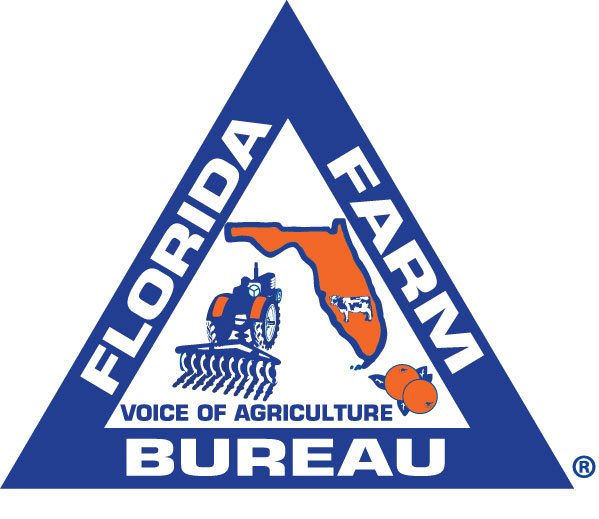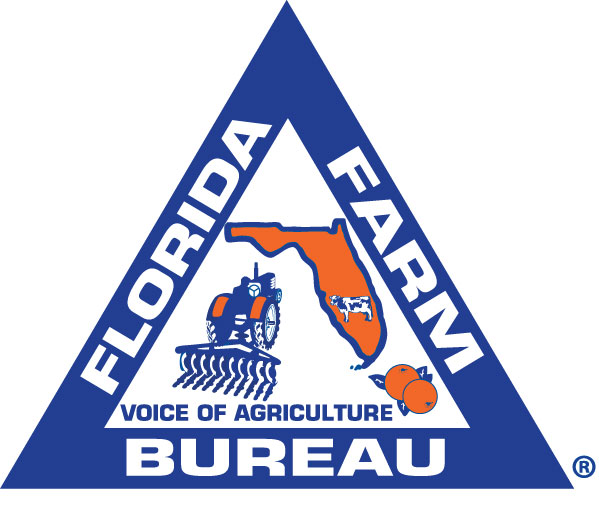
By Clint Thompson
It is never too early to start thinking about the upcoming Farm Bill if you are a vegetable or specialty crop producer. John Walt Boatright, director of National Affairs at Florida Farm Bureau Federation (FFBF), describes the process and the necessary steps in preparing for a Farm Bill still two years away.
“It’s a process that requires years of work in advance to get it done. We started having those conversations in D.C. (last month) about priorities, what we want to see happen ahead of 2023. A lot of that will be dictated, frankly, by how the 2022 elections pan out,” Boatright said.
“That will be the leadership in office that will determine the outcome of the 2023 Farm Bill. But nonetheless, we’re talking to our partners. We’re talking to our members from Florida who serve on the House Ag Committee.”
Florida Farm Bureau Agenda
One issue at the forefront of the Florida Farm Bureau’s agenda is natural disasters.
“It’s nothing new for the Florida producer to deal with hurricane or inclement weather events. Other parts of the country have experienced that recently and now we’re seeing more states come to the table and more members of Congress say, ‘We’ve got to do something that’s more durable, more long term to deal with these weather events, these disasters,’” Boatright said. “We feel that will be a conversation within the context of the 2023 Farm Bill to talk about. How do we ensure there’s opportunities for producers to stay in business despite weather events that could impact their operation?”
Mechanization is a vital part of the Florida blueberry industry’s ability to stay afloat amid increased imports from Mexico and other countries.
“Often times we think of the Farm Bill being devoted toward mid-western states and their farming operations. But we’re seeing more opportunities within farm bill legislation to improve the situation for specialty crop producers like blueberry growers,” Boatright said. “One of those ways is to improve the labor situation. As a labor-intensive commodity, if we can try to improve mechanization to create a more long-term solution for labor challenges as an industry, that’s something that members of Congress, leadership in D.C. has seen value in the past. We’re looking to double down on that and really secure some solid funding this year.”










